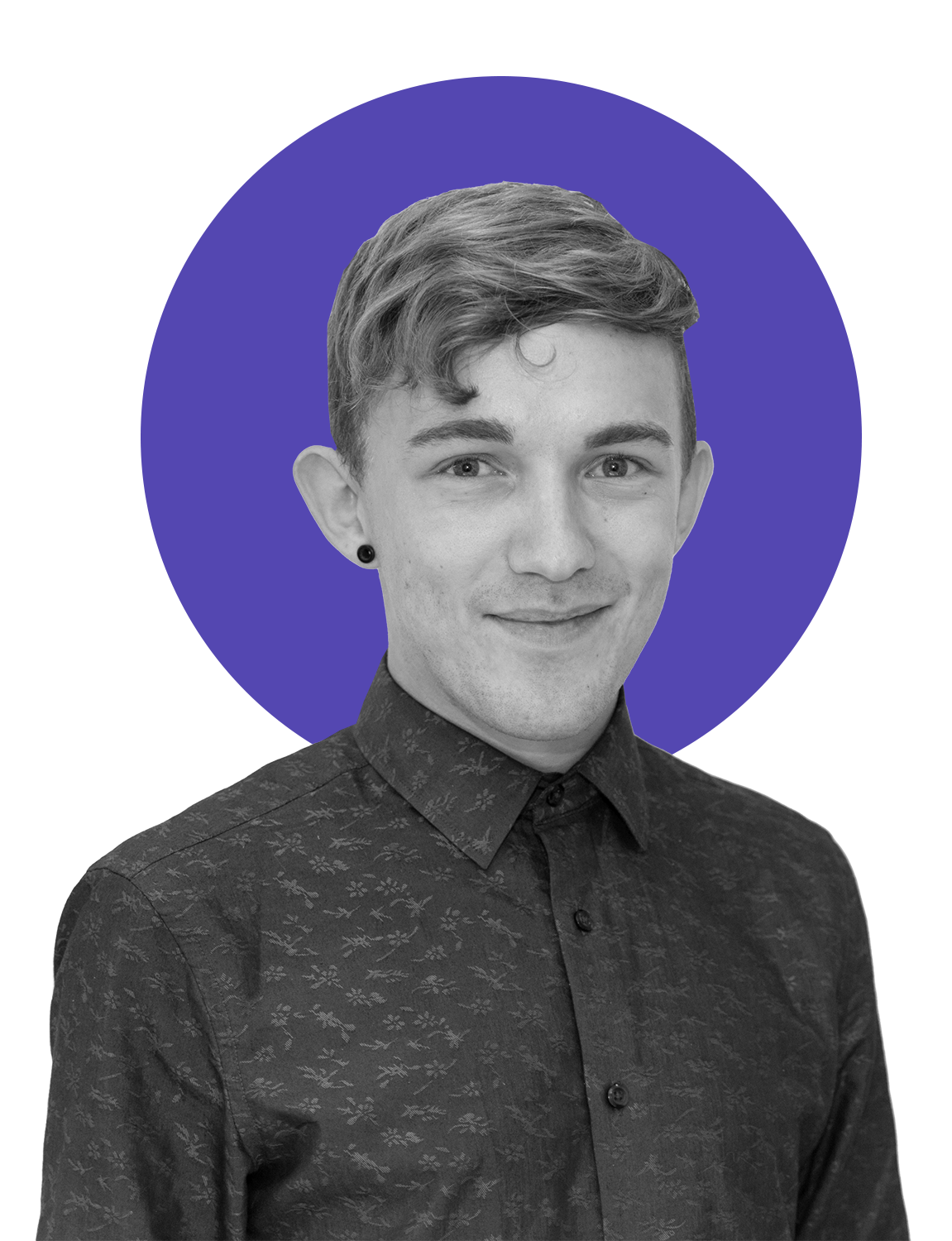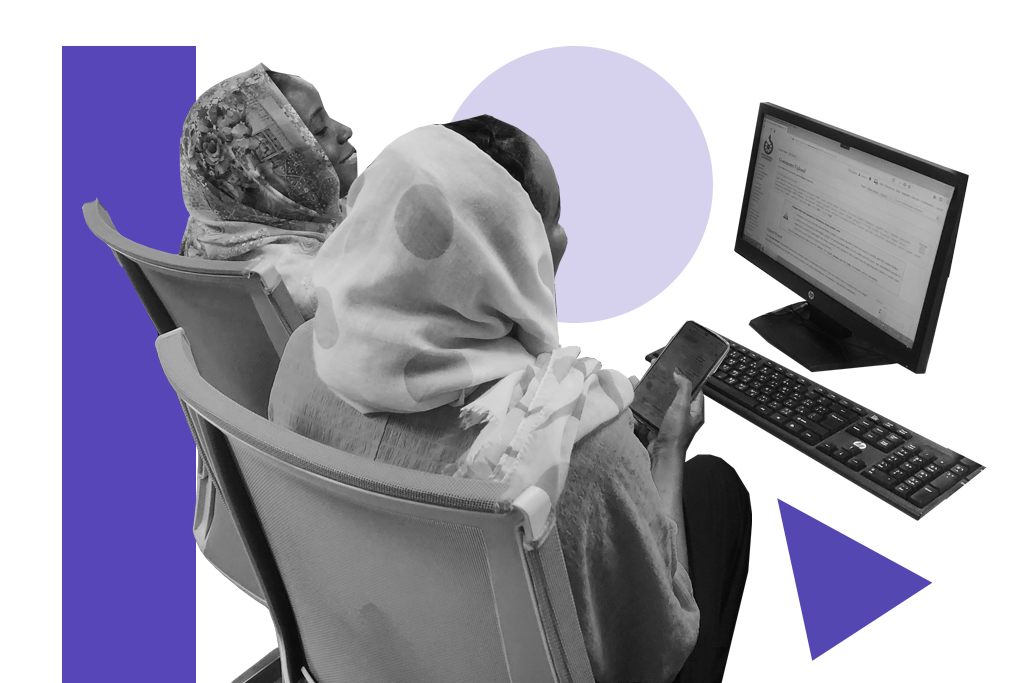It’s possible that right now, as you read these words, a WikiGap event is being held in a Swedish embassy somewhere in the world.
Created through a joint effort from the Swedish Ministry of Foreign Affairs and Wikimedia Sverige, an independent Wikimedia movement affiliate organization in Sweden, WikiGap edit-a-thon events bring people together across countries and languages, to increase the representation of women on Wikipedia. This is also known as closing the gender gap.
Though it continues to be organized by its creators, WikiGap has taken on a life of its own, with individuals and organizations running their own events. The results speak for themselves.
Since its inaugural event in March 2018, over 100,000 new Wikipedia articles have been created as a result of WikiGap efforts. “This is more than just an event,” Wikimedia Sverige’s Josefine Hellroth Larsson said last year. “It has grown to be a movement in itself.”
Eric Luth, a project manager at Wikimedia Sverige, has been helping organize WikiGap since 2020. We talked with him about WikiGap, its impact, and its future.
Q: When was WikiGap created? What is the story behind how and why the group was started, and what impact are you seeking to accomplish?
In 2014, the Swedish government instated a new policy to become the first country in the world to pursue a feminist foreign policy. This meant promoting gender equality in all policy-making. In 2017, a few Swedish embassies in different parts of the world joined forces with Wikimedians to organize events inviting participants to create Wikipedia articles about women. The feminist foreign policy, along with these first successful events, inspired the Swedish Ministry of Foreign Affairs to scale WikiGap into a global campaign in 2018. The goals have since been to create more articles about women on Wikipedia, to develop strong collaborations between Swedish embassies and Wikimedia volunteers around the world, and finally, to highlight the importance of gender equality.
Q: What gets you excited about Wikipedia and other Wikimedia projects as a place to create change?
I love the fact that the knowledge on Wikipedia, and the other Wikimedia platforms, is created by users for users. Everyone can take part in the co-creation of knowledge, as long as the basic guidelines are being followed.
The history on Wikipedia is not written by governments, large companies, or formal stakeholders — it is written by everyone who wishes to take part. It is a huge possibility as well as a huge responsibility. Hundreds of millions of people turn to the Wikimedia platforms to get a better understanding of the world we live in.
Campaigns such as WikiGap aim to attract new editors and target audiences by improving the diversity of the platforms, which are fundamental to making sure that we capture all aspects of the world we live in and not just subparts of it. When the content on the platforms is improved, the citizens of the world get a more truthful understanding of the world. The impact is unbelievable.

Eric Luth
![]()
The history on Wikipedia is not written by governments, large companies, or formal stakeholders — it is written by everyone who wishes to take part. It is a huge possibility as well as a huge responsibility.
Q: What does Open the Knowledge mean to you?
We cannot work for free and open knowledge if we don’t work for equity at the same time. We have taken it upon ourselves to collect and share the sum of all human knowledge, and in order to achieve this, some parts of that knowledge require extra effort. We are working uphill, as there is more source material available around some topics (such as about men, or people from the Global North). [Author’s note: Currently only less than 20% of the content in all Wikimedia projects, including biographies on Wikipedia, are of women]. But we will have to use this fact as fuel for our work, not taking the easy way out. Open the Knowledge is helping us in acknowledging this and strengthening each other in that effort.
![]()
We cannot work for free and open knowledge if we don’t work for equity at the same time.
Q: We often talk about knowledge gaps on Wikipedia, but we don’t always do enough to celebrate the wins. Can you share one knowledge equity win that WikiGap is particularly proud of?
Since 2018, around 100,000 articles have been created or improved through the WikiGap campaign — in events that have taken place in over 70 countries, and in more than 50 languages. What has emerged is a global grassroots campaign, resulting in unbelievably impressive results worldwide. At the same time, it is forming new volunteer leaders that are driving forward the free knowledge movement. We know that several new user groups – groups that focus on certain topics or people to write about on Wikipedia – have been formed as the result of WikiGap events. These new groups add knowledge that would maybe never otherwise have reached the platforms. I am proud of the increased diversity on Wikipedia and its other projects, but equally so of the increased diversity of the volunteers involved in our movement. This ultimately helps to create pathways for more sustainable and diverse creation of knowledge on Wikipedia and beyond.
![]()
I am proud of the increased diversity on Wikipedia and its other projects, but equally so of the increased diversity of the volunteers involved in our movement. This ultimately helps create pathways for more sustainable and diverse creation of knowledge on Wikipedia and beyond.
Q: How can people get involved in WikiGap?
There are several ways! One is to be an organizer of a WikiGap event. We have tools to help create both in-person and virtual events. This is a great way of getting involved as it includes even more participants from the movement and external partners. You can also check with your local user group or affiliate organization to see if there are any plans for an event already.
Q: What is an action item someone could take today to help close knowledge gaps on Wikipedia?
Make your first edit! You don’t have to write a new article from scratch, it’s just as helpful if you add a reference, fact-check, correct grammar, or expand an existing article.
You can learn more about WikiGap on their Meta-Wiki webpage.
This blog is part of Open the Knowledge: Stories, a series which features volunteers from the Wikimedia movement who are helping the world truly find the sum of all human knowledge on Wikimedia projects. If you want to know more about what knowledge equity is, why it matters, and how you can help us achieve it, join us at Open the Knowledge.
Ed Erhart is a Communications Specialist at the Wikimedia Foundation.

